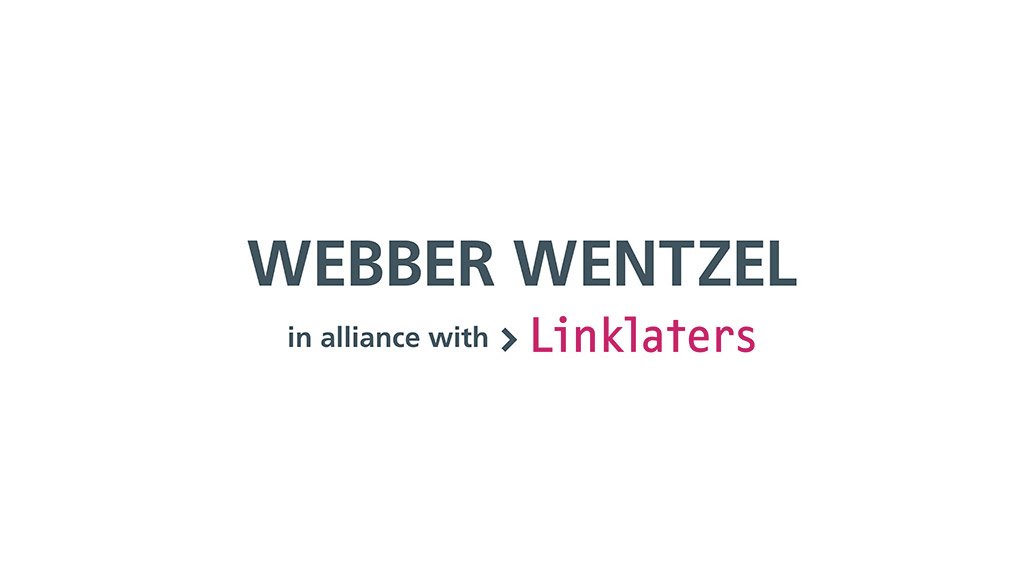A recent High Court judgment upholds the potential consequences for an employer that does not provide a safe working environment for employees, including one free of sexual assault or other forms of harassment
Almost 12 years after being sexually assaulted by a superior in the workplace, a former employee who was forced to resign was awarded ZAR 3.9-million in damages, which will be paid jointly by her former employer and perpetrator.
The employee, who would probably have succeeded in a constructive dismissal dispute, elected instead to institute a civil claim for damages in the High Court as a result of the sexual assault. She sought to challenge the lawfulness of her former employer's conduct in handling her sexual assault, and not its fairness. She pursued a claim in the High Court, rather than claiming the remedies provided under the Labour Relations Act 66 of 1995 (LRA), for two reasons:
The LRA would have limited the employee's claim to a maximum of 24 months' remuneration. In the High Court, the employee would be able to claim those damages which she could prove (i.e. no limit of damages claimable).
The civil route allowed the employee to take action against the perpetrator of the assault.
Facts
In this case the employee, E, was employed by a municipality as an administrator. She reported to Jack, her immediate superior. The assault occurred on a Monday morning, when Jack entered E’s office, greeted her, walked over to her desk, put his mouth over hers and tried to force his tongue into her mouth. She blocked him by gritting her teeth and was left with a mouthful of his saliva.
When E complained about the incident to her employer, she was placed on “special leave” for two days. Despite the requirements of the sexual harassment policy, Jack was not suspended and he was requested to refrain from visiting E’s workplace, as his office was at another premises. On at least two occasions, he failed to abide by this request and E had to see him. Again, no immediate steps were taken against Jack for this insubordination. Approximately six months after the assault, Jack was called to an internal disciplinary hearing where he was found guilty of “forcing himself on a female subordinate … and attempting to kiss her”. As a sanction, he was suspended without pay for two weeks.
High Court judgment
The High Court took issue with the finding of the internal disciplinary hearing for two reasons:
The employer, an organ of state, was obliged to challenge the findings of the internal disciplinary hearing but failed to do so. The employer also failed to provide a safe working environment for E, which had catastrophic consequences for her emotional and psychological wellbeing. This rendered her continued employment intolerable.
The High Court noted that the awful irony of the matter was that Jack was able to continue with his employment while E was left with no choice but to resign, due to the circumstances she faced.
E instituted a civil claim for damages against the employer, claiming damages in excess of ZAR 8-million. Jack did not defend the claim, but the employer did. Although the employer did not deny what had happened, it denied that it was to blame for the damages, alleging that it had done everything required by law to protect E. This was clearly not the case. The High Court noted that ”at a human level, the defence which was put up by the Municipality was devoid of introspection, humility or compassion”.
In 2016, the High Court found that both the employer and Jack were joint and severally liable for the damages that E suffered.
Earlier this month, after numerous delays occasioned by appeals and E’s mental capacity, the High Court finally held that the quantum to be paid by the employer and Jack amounted to more than ZAR 3.9-million.
This judgment once again highlights the importance of employers providing a safe working environment for all employees, which includes a positive duty to provide a workplace free of sexual assault (and other forms of harassment). Employers should be aware that, depending on the course of action an employee may take, damages may not necessarily be capped by the LRA.
Written By Kirsten Eiser, Joani van Vuuren and Shane Johnson from Webber Wentzel
EMAIL THIS ARTICLE SAVE THIS ARTICLE ARTICLE ENQUIRY
To subscribe email subscriptions@creamermedia.co.za or click here
To advertise email advertising@creamermedia.co.za or click here











